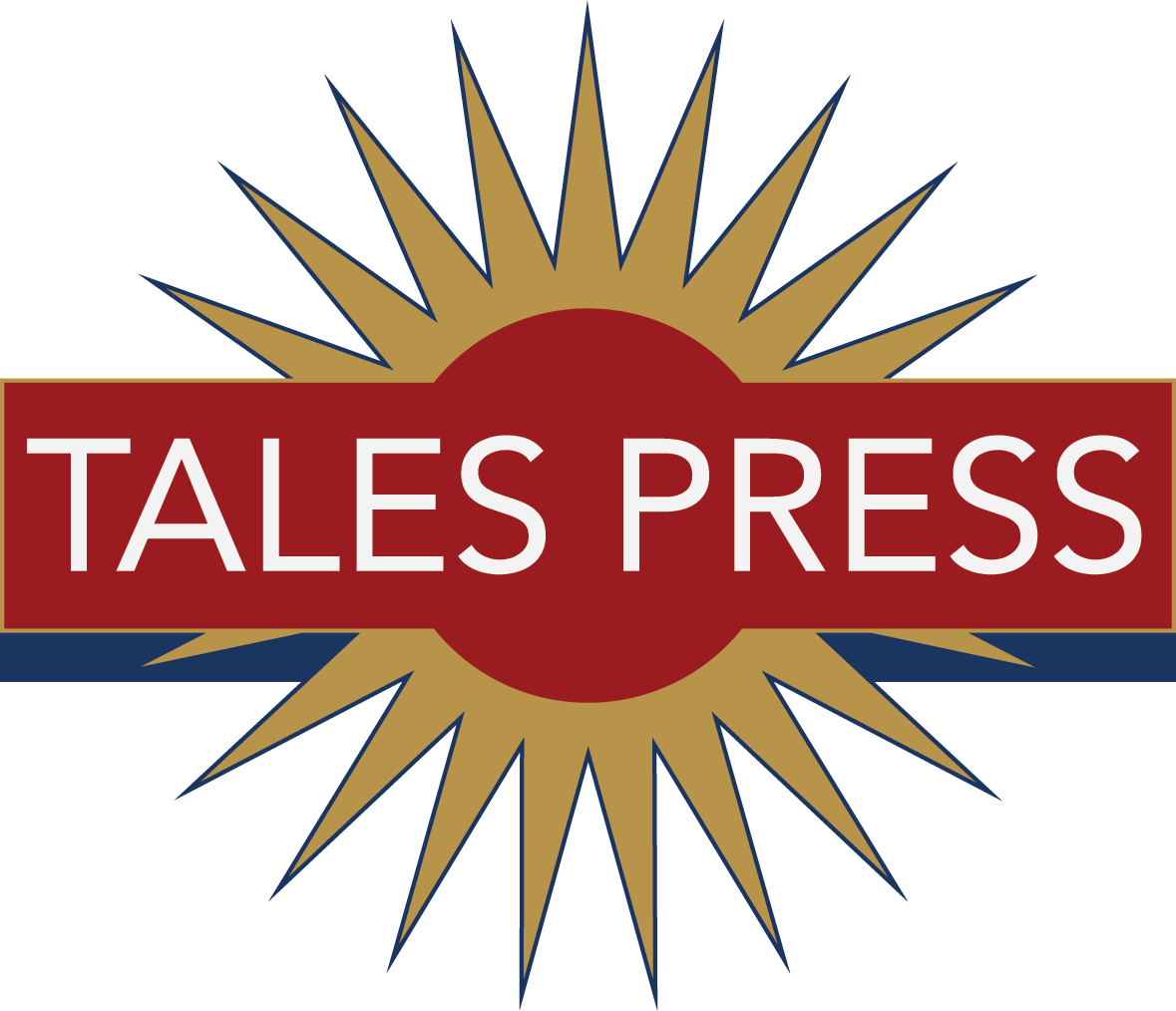In politics, sometimes the ones most needed get overlooked
I once interviewed a retired Marine colonel who had been awarded a Navy Cross for his service as a young infantry lieutenant in Vietnam and asked him what was the difference between the Navy Cross and the Medal of Honor.
“The same difference as there is between a colonel and a general,” he said, quickly. “Politics.”
I’ve always had an interest in politics and politicians—mostly because it’s where a lot of leaders emerge. Not all politicians are leaders, of course. And sometimes I think politics actually hinders good leaders from becoming politicians. To me, a leader has honesty, integrity and decency, above all else. I once knew a man whom I’d put in that category. His uncle and my father were friends down on the farm. I’d never met John Gwinn (1942-2000) before the early 1980s, but I knew he was an Urbana lawyer who had been considering running for Congress in 1984.
Congressional candidate John Gwinn meets with patrons at the Moonshine Store in Martinsville, Ill., in 1983.
I met him in the IGA store one afternoon and introduced myself. We talked for a couple of minutes about his uncle, my father and the farms. Before parting, I asked him when he was going to announce his candidacy.
“Not right away,” he said. “The election is still more than a year away.”
He continued to tell me that people had had enough of political campaigns and shouldn’t have to have them year-round. But by the time he did announce, three other candidates were already running, making it a four-man race in a district that, back then, stretched from north of Champaign-Urbana to deep Southern Illinois.
Awhile later when the congressional campaign started to pick up, John asked me to work with him as his press aide. I agreed, thinking he would be a good congressman for the district and looking forward to the experience and what I could learn as we traveled the district, talked to people, went to meetings, dinners and scheduled speeches. John never met a stranger, as they say, and treated everybody with kindness. He showed his character by listening to both sides of the political spectrum, discussing the issues with civility and thoughtfully considering how they impacted people. I thought he would take that sensibility to Washington, where it is especially needed.
It was fun to travel with him and see how he conducted himself. At small country stores like Moonshine in Clark County or at a large University of Illinois event, he was the same. He didn’t do a lot of fundraising, but he was frugal. We often ate on the run, heading to the next place or event. I remember one time we got a couple of bananas for the road. I ate mine and put the peel back in the paper sack instead of throwing it out the window.
John ate his, rolled down the window, and threw the banana peel out, over the top of the car and in the ditch. I looked at him with some surprise. He was a man who cared about the environment and wouldn’t litter.
“It’s not littering,” he said. “The banana peel decomposes and goes back into the ecosystem.”
During a trip to the southern end of the district with stops along the way to meet voters, we ended up at an event in McLeansboro for the evening, but we had no place to stay. The owner of a local funeral home kindly offered us two beds in his place of business. We took them. I did wonder if the rooms might have been for cadavers, but it had been a really long day, and I slept well.
The next day’s full agenda of activities included a stop at a corporate conference dinner in the evening that we hadn’t planned to attend. There were plenty of seats at a long table away from the dais and the speaker. In front of each chair was a dish with shrimp lining the rim. We hadn’t had anything to eat since breakfast. I was hungry and longingly eyed those shrimp, but I was with a candidate for the United States Congress. It was all I could do to exhibit some restraint, though. A few minutes later, John pointed at the shrimp and said, matter-of-factly, “Nobody’s going to eat these, so we may as well.”
There was a spare office in John’s and his partner’s law office that I used when we were in town. One early afternoon, I got a call from our media consultant in Washington. He wanted me to write a press release and get it out before day’s end. Frankly, I don’t remember exactly what he wanted it to say except that it was an attack on John’s opponents. So I wrote the release, had it ready to go and took it next door to John.
He read the release and handed it back to me. “Don’t send that out,” he said. “It’s too political.”
Ten minutes later, the media consultant called and asked if I’d sent out the release.
“No,” I said.
“Why not?”
“John said it was too political.”
The media consultant exploded. “What the #@&% does he think this is?!”
John knew what it was, and he knew who he was. He came in second in the primary and never made it to Washington. I had the privilege of working with and spending time with a good and personable man with ideas and intentions in the best interests of the district. He was only 58 when he passed away.
John Gwinn was the kind of politician this country needed. Still is.

